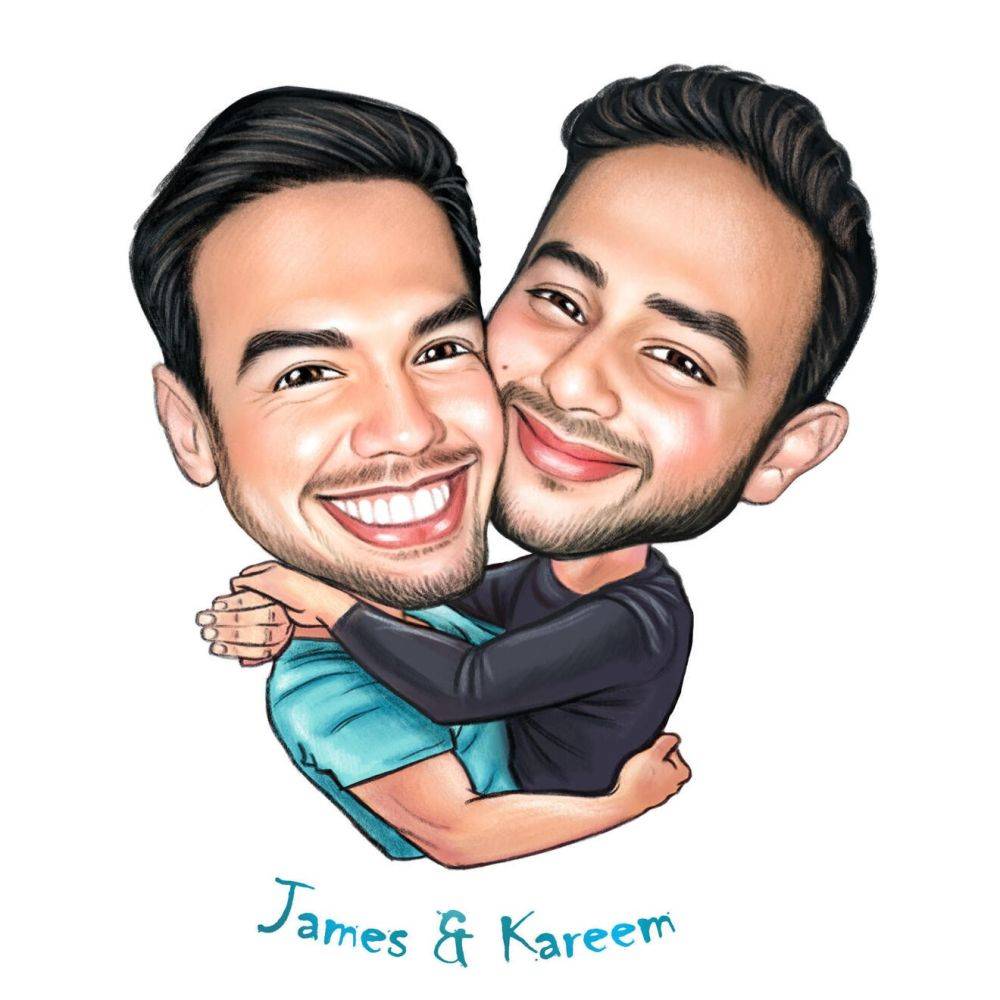Laughing with, Not at: A critical Look at LGBTQ Caricatures in Pop Culture
In recent years, LGBTQ individuals have moved from the periphery to the forefront of pop culture. They are no longer confined to the shadows; instead, they've become the people next door, seamlessly integrated into the narratives we consume through various forms of media. Whether through fictional characters or the real-life performers themselves, LGBTQ individuals have gained visibility on TV, in movies, in music, and even in comic books. The portrayals have evolved drastically from the often derisive stereotypes of a generation ago.
This transformation in LGBTQ representation is not merely a reflection of changing times; it has been a significant catalyst for the broader shift in the nation's politics. With its immense reach and influence, popular culture has played a vital role in driving this rapid change—from a long-standing opposition to gay rights to widespread support for the LGBTQ community, including same-sex marriage, acceptance of LGBTQ children, and the election of LGBTQ politicians.

Clarifying the Distinction: LGBTQ vs. LGBT
LGBTQ includes lesbian, gay, bisexual, transgender, and queer/questioning individuals, while LGBT encompasses lesbian, gay, bisexual, and transgender individuals. The "Q" stands for "queer" or "questioning," reflecting a broader spectrum of identities and orientations.
Understanding Caricatures in Pop Culture:
Caricatures are exaggerated depictions of individuals or groups, often highlighting specific parts for comedic effect. In pop culture, these caricatures have been used for decades to elicit laughter and entertain audiences. However, regarding LGBTQ caricatures, a fine line must be drawn between humor and perpetuating harmful stereotypes.
The Impact of LGBTQ Caricatures:
When LGBTQ caricatures are poorly executed, they have the potential to fortify damaging stereotypes concerning gender identity and sexual orientation. These characterizations emphasize exaggerated mannerisms, behaviors, or appearances, thus solidifying existing prejudices and misinterpretations. Given the influential nature of pop culture, such gay caricatures can significantly mold societal perspectives, affecting how people view LGBTQ individuals and ultimately shaping their attitudes, beliefs, and conduct toward the community.
The Road to Progress:
Creating a shift in LGBTQ+ representation demands collaboration between content creators, producers, writers, and consumers. Content creators must prioritize accurate, respectful portrayals and consult with the LGBTQ+ community for authentic representation. Audiences, too, can advocate for better representation by supporting and promoting media that portrays LGBTQ+ characters in a positive and genuine light.
LGBT Caricatures may have an appeal:
Caricatures can tell stories and convey messages in a brief and impactful manner. LGBT caricatures can tell the story of community struggles, triumphs, love, and resilience. They can act as a powerful tool for conveying complex narratives and emotions in a visually engaging way.
When created with taste and sensitivity, a caricature possesses the remarkable ability to elicit positive emotions, laughter, and a sense of joy, particularly in a more intimate or personal setting, such as special occasions like birthdays, weddings, anniversaries, or retirements.
In summary, LGBT caricatures, like any form of art, have the power to influence and resonate with people on multiple levels. They can educate, challenge, entertain, and empower, contributing to a more inclusive and understanding society. The force of art lies in its ability to transcend boundaries and facilitate dialogue and change.














